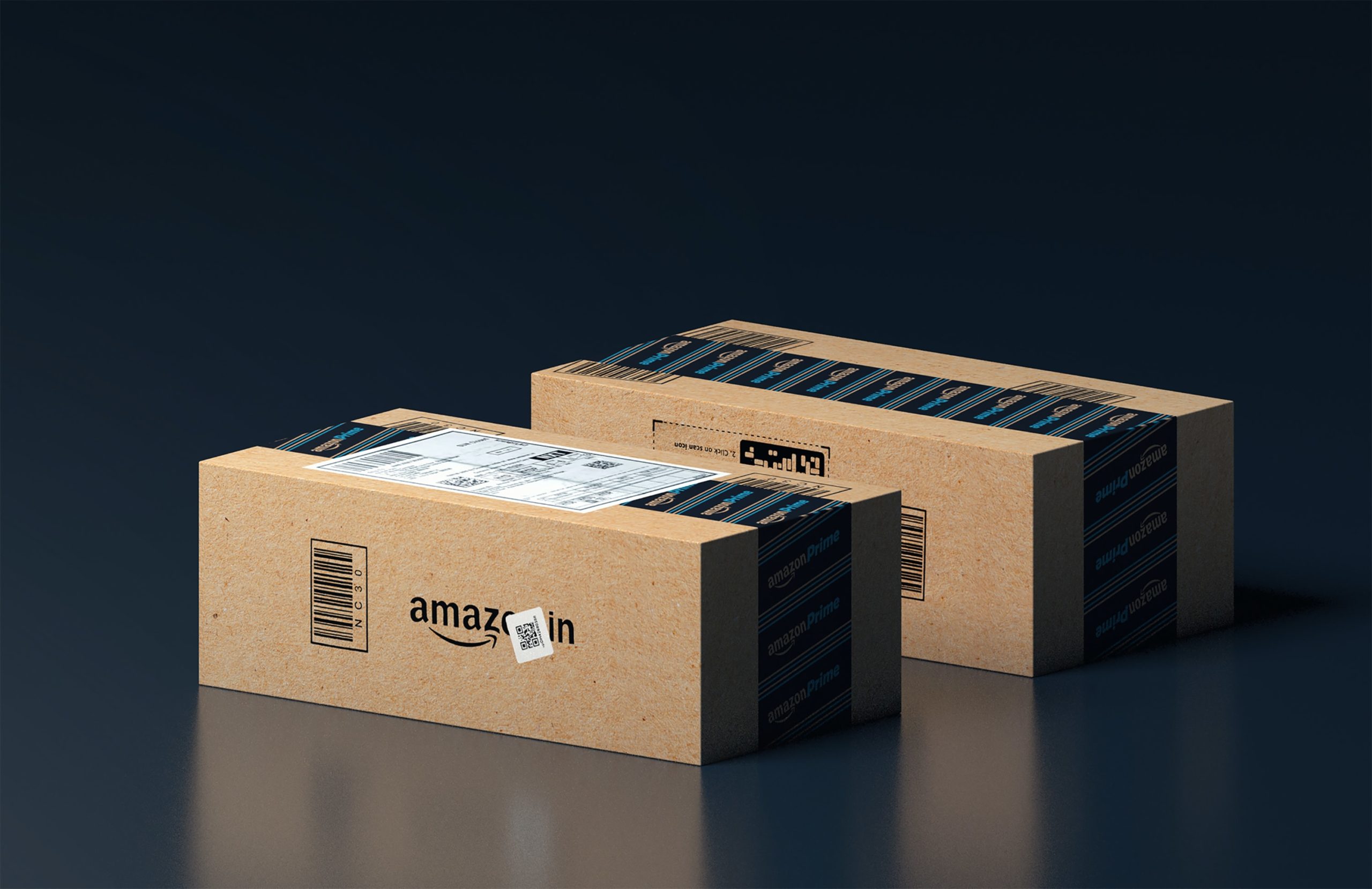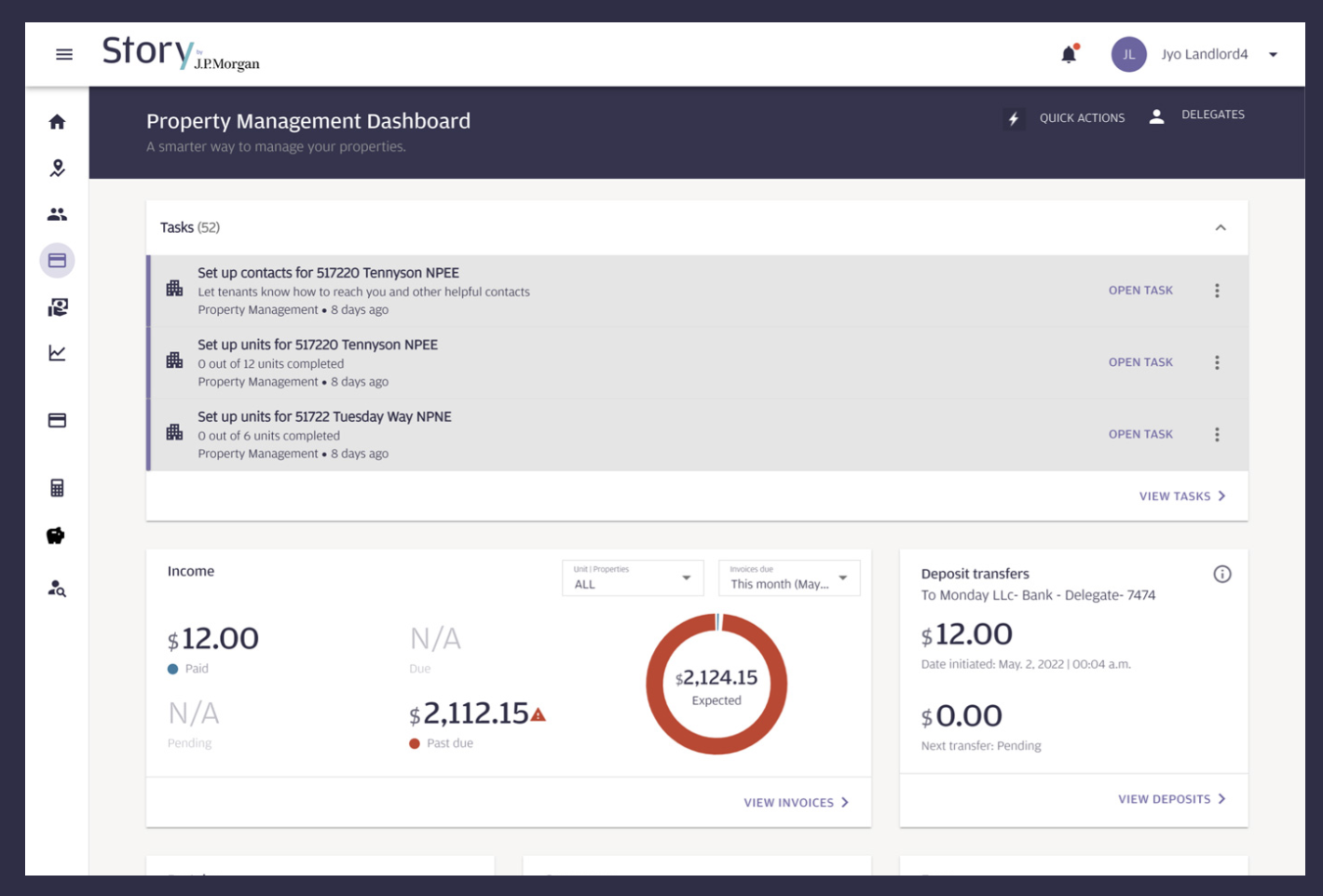
Update: Binance has called off the agreement to buy FTX.
If you’ve spent any time reading fintech news in the last 24 hours, you know that Binance has agreed to buy the non-U.S. unit of FTX. For those in the crypto world, this is a big deal. Why? It’s a riches-to-rags story– almost like crypto’s moment of an Enron-like collapse.
The downfall of FTX is part of a long story, which multiple outlets have already covered in great detail. Here are the highlights. FTX is considering a sale because it is reportedly facing liquidity problems. The crypto exchange’s cash flow issue is the result of the devaluation of its digital currency, FTT. The coin is currently trading at just under $3.50.
What happened?
Why has the value of FTT been destroyed? FTX minted FTT to lend to Alameda Research, a quantitative cryptocurrency trading platform founded by FTX owner Sam Bankman-Fried. Alameda Research borrowed stablecoins against FTT, and sent the stablecoins to FTX. This cycle made it appear that FTT was valuable even though it was essentially nothing more than printed money. Alameda Research has reached insolvency and FTX is now worth nearly nothing, despite the fact that investors valued FTX at $32 billion earlier this year.
FTX rival Binance stepped in earlier this week announcing a non-binding agreement to purchase the non-U.S. unit of FTX. If the deal goes through, Binance will be the largest player in the crypto space. “This elevates Zhao as the most powerful player in crypto,” Ilan Solot, co-head of digital assets at Marex Solutions told the Financial Times. “Zhao’s view of the world will matter a lot more, in terms of how he wants to interact with regulators and policymakers . . . the weight of his views will be much more powerful.”
What this means for fintech
- Crypto is down all around
Cryptocurrencies were having a tough year already. Many outlets were referring to this year as a “crypto winter,” a time during which cryptocurrency values have been depressed when compared to prior periods. This scandal only intensifies this. According to Forbes, “the total market capitalization for crypto has slid to $860 billion in the last 24 hours.”
- Expect more regulatory scrutiny
Cayman Islands-based Binance and Bahamas-based FTX may be beyond any meaningful regulatory scrutiny. However, this event has caught the eyes of regulators across the globe. Yesterday, in fact, Republican member of the U.S. House Financial Services Committee Patrick McHenry issued a statement imploring Congress to take action. “For years, I have advocated for Congress to develop a clear regulatory framework for the digital asset ecosystem, including trading platforms,” said McHenry. “The recent events show the necessity of Congressional action. It’s imperative that Congress establish a framework that ensures Americans have adequate protections while also allowing innovation to thrive here in the U.S. I look forward to learning more from FTX and Binance in the coming days about these events and the steps they will take to protect customers during the transition.”
- Consolidated industry
Experts have suggested that crypto wallets will eventually be whittled down to a handful of meaningful players, just as Apple and Android serve as the two main operating systems. If Binance’s acquisition of FTX goes through, the two players will be Binance for non-U.S. wallets and Coinbase for U.S. wallets.
Overall, there are lots of lessons to be learned from this, and more will come as the story develops. Perhaps the top takeaways are the simplest ones. Be ethical. Be honest. Be humble.











